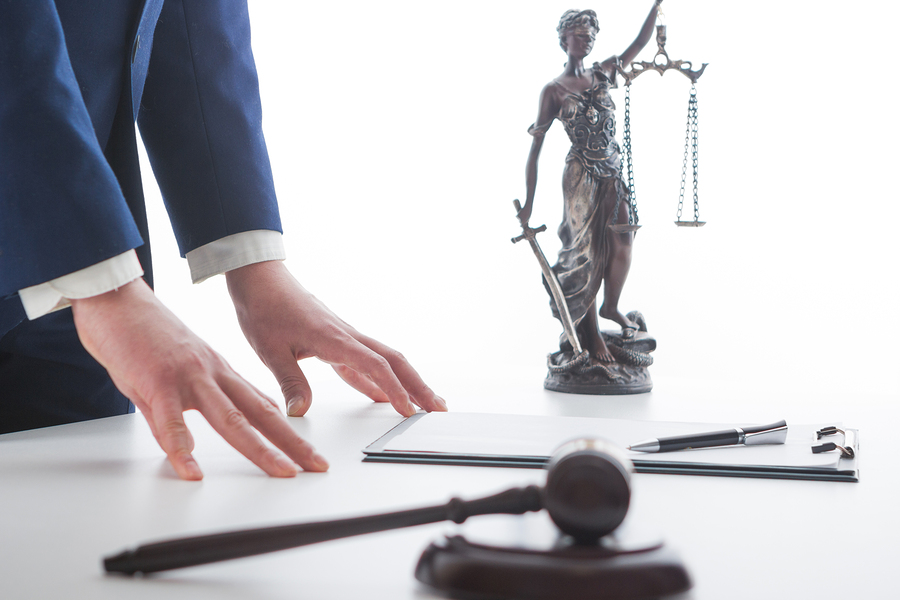What Happens If My Accident Injury Case Goes To Trial?
 Michael Babboni
Personal Injury
What Happens If My Accident Injury Case Goes To Trial_Most accident injury cases are settled out of court. However, when insurance companies are refusing to pay a fair settlement, you may have to litigate the case at trial. What happens at trial is very different than what is shown on tv. Here is what actually happens if you have to take your injury case to trial.
Michael Babboni
Personal Injury
What Happens If My Accident Injury Case Goes To Trial_Most accident injury cases are settled out of court. However, when insurance companies are refusing to pay a fair settlement, you may have to litigate the case at trial. What happens at trial is very different than what is shown on tv. Here is what actually happens if you have to take your injury case to trial.The Main Stages Of A Trial
Once all the court paperwork is filed and the trial begins, there are six basic stages of trial:
● Jury Selection: Jury selection is when the judge, attorneys, plaintiff, and defendant chose members of the community to sit on the jury. Jury selection is designed to pick unbiased people who can make an objective decision about your case. During jury selection, potential jurors will be asked a variety of questions about their values, experiences, and relation to the case. If any of the jurors provide unique challenges, they will be excluded.
● Opening Statements: Once the jury is selected, the trial will state. Trials typically begin with opening statements from the attorneys of the plaintiff and the defendant. The plaintiff’s attorney goes first and lays out a detailed description of the claims, the accident, and the defendant and plaintiff’s roles. The defendant’s attorney will then respond with more details. The opening statements portion is basically when the jury is informed of the case they are judging.
● Testimony: The next phase is the testimony where all the evidence and witness testimony will be presented. This period may include expert testimony, presentation of physical and documented evidence, and even testimony from the plaintiff and defendants themselves. During the testimony phase, both lawyers will have a chance to ask questions and present arguments to the jury.
● Closing Arguments: After the testimony phase is completed, both attorneys will present their closing arguments. In a closing argument they will summarize their claims and recap any relevant testimony. This is the final time for attorneys to present anything important that the jury needs to know before they make their final decision about the case.
● Jury Deliberation: At this point, the decision goes to the jury. The judge will instruct the jury on deliberation and they will go and discuss their decision. Jury deliberation is based on a “sufficient majority,” where most of the jurors have to agree on the final decision. Deliberation can be quick or can drag out depending on the details of the case. Once a jury has made their final decision, they will inform the judge.
● Verdict: Finally, the judge will announce the verdict of the jury and detail how to move forward with the claims. They will then determine if and how much the defendant should pay the plaintiff and the case is finally over.
Why You Always Need An Attorney
Even though most accident injury cases are settled out of court, there are times where they will have to go to trial. The best thing you can do after you’ve been in an accident is to hire an attorney. A qualified attorney can work with the insurance companies to settle so you don’t have to go to trial. However, if you do have to go to trial, they will be extremely familiar with your case and will be able to present the best possible evidence and testimony to prove your claims.
When hiring an attorney, it is important to hire one with trial experience in case you do have to litigate your claims. The St. Peter’s Attorney Michael Babboni has over 27 years in the St. Petersburg area representing clients like you during settlements and in court. Contact him now for a free case review and to learn how he will fight all the way to trial to get you a fair settlement.
